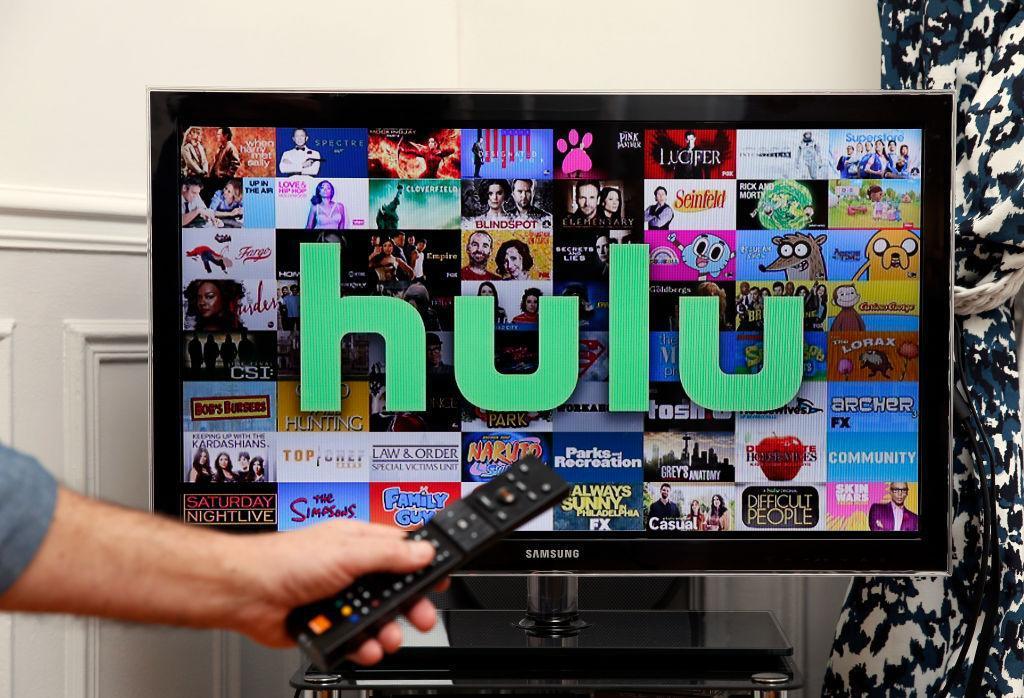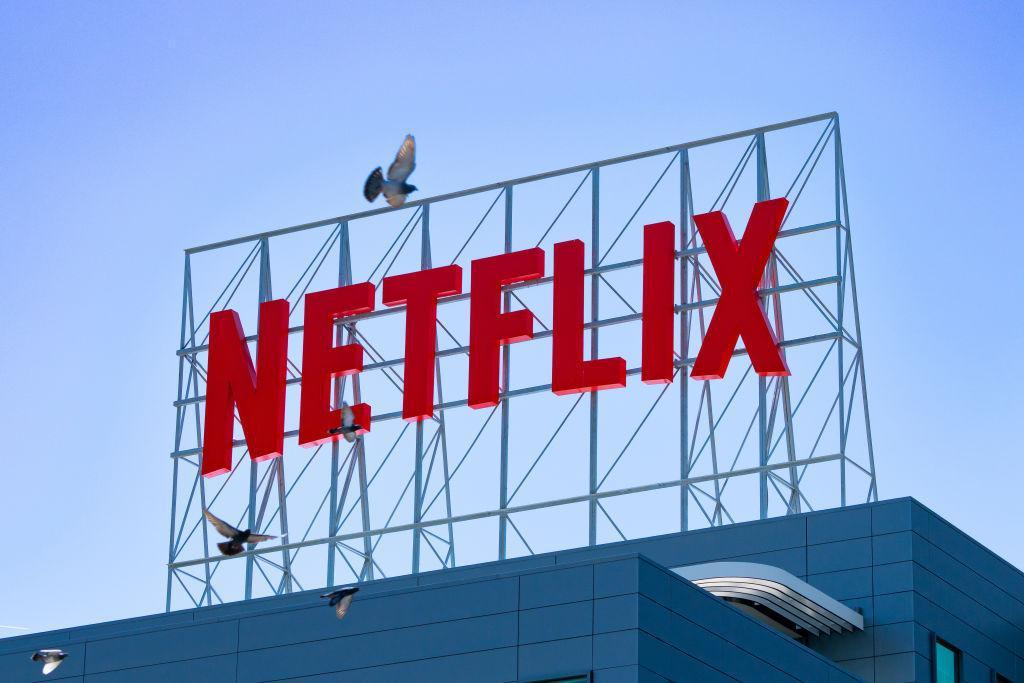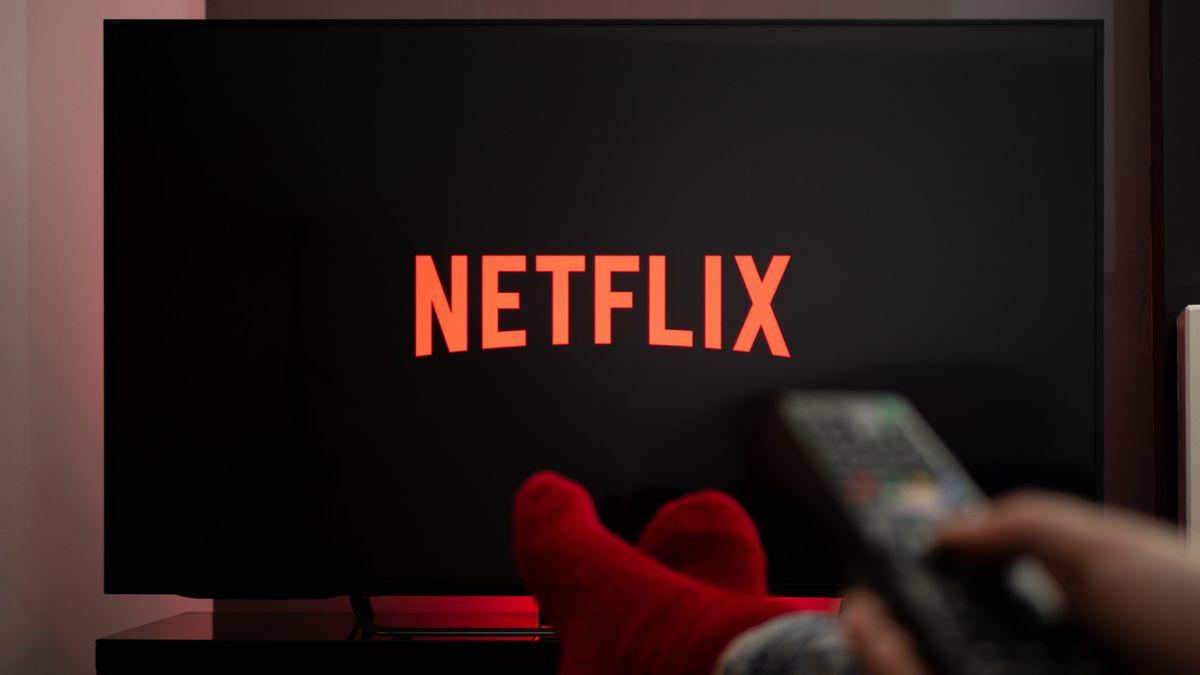For years, streaming platforms like Hulu and Disney+ have transformed the way we consume TV shows and movies, offering unparalleled convenience and variety. However, a significant change is on the horizon.
Starting in March, the leniency on sharing your Hulu and Disney+ accounts with friends and family outside your household is coming to an end. This marks a pivotal shift in the streaming landscape, one that could redefine how we access and share our favorite content.
What’s Changing?

Disney-owned streaming services Hulu and Disney+ are taking a new stance on password sharing. In an email from the Hulu team, it’s mentioned that the company is “adding limitations on sharing your account outside of your household” (via Reddit).
This means that sharing your login details will soon be a thing of the past. They’re really cracking down on account security and urging subscribers to rethink their sharing habits by March 14.
The Official Word

The newly updated subscriber agreements for Hulu clearly state that users “may not share [their] subscription outside of [their] household.” This definition of a “household” encapsulates the collection of devices associated with users’ primary residence, used exclusively by those residing within.
It’s a firm stance that aims to curb the widespread practice of account sharing beyond the confines of one’s home.
How Will They Know?

You might wonder how Hulu and Disney+ plan to enforce these new rules. The strategy involves analyzing account usage through IP addresses and device IDs, as well as general account activity.
This method mirrors Netflix’s approach, aiming to identify and limit access from devices outside the subscriber’s household. It’s a sophisticated way to ensure compliance without infringing on privacy more than necessary.
Immediate Changes for New Subscribers

The crackdown on password sharing isn’t waiting around. For anyone signing up for Hulu today, these sharing limitations are effective immediately.
New subscribers are greeted with the updated terms, embedding the household-only sharing rule from the start of their subscription. It’s a clear message that the landscape of streaming service use is evolving.
Disney+’s Strategy

Similar to Hulu, Disney+ began its crackdown on password sharing in Canada last November, extending these policies to the U.S. with a deadline for compliance by March 14.
This coordinated effort across Disney-owned streaming services highlights a broader strategy to safeguard its content against unauthorized sharing, aiming to preserve the value of each subscription.
Why Crack Down?

According to The Wrap, Disney CEO Bob Iger shed light on the reasoning behind these measures, citing a “significant” amount of password sharing.
“We have the technical capability to monitor much of this,” Iger stated, underscoring Disney’s commitment to leveraging technology to address the challenge. This crackdown is not just about enforcing rules; it’s a strategic move to boost subscriber numbers and drive profits.
The Financial Angle

Despite its popularity, Disney+ has faced its share of financial hurdles, with reports of an $11 billion loss since its launch (via The New York Times).
This new stance on password sharing is seen as a crucial step toward reversing those fortunes, aiming to secure higher average revenue per user (ARPU) and steer the streaming service toward profitability.
Hulu’s Position

Hulu, with its profitable track record and higher monthly ARPU compared to Disney+, stands as a prime candidate for tighter account-sharing controls (per Statista).
With fewer subscribers than Disney+ but a stronger financial footing, enforcing these new rules could help Disney extract more value from Hulu, enhancing its contribution to Disney’s overall streaming strategy.
Consumer Reaction

The question of how subscribers will react looms large. Netflix’s successful implementation of similar measures offers a glimpse into the potential outcome, suggesting that while some resistance is inevitable, many users adapt over time.
The transition may be smoother for Hulu, given its established user base, whereas Disney+, being relatively new, might face more challenges in addition to its 1.3 million subscriber loss in the second half of last year.
The Bigger Picture

This crackdown is part of a larger industry trend toward maximizing revenue and clamping down on unauthorized sharing. It’s a delicate balance between ensuring profitability and maintaining subscriber satisfaction.
As streaming services navigate these waters, their strategies will likely serve as case studies for content distribution in the digital age.
Looking Ahead

As we approach the password-sharing ban’s implementation date, the streaming service ecosystem is poised for change. Disney’s plans for a combined Hulu-Disney+ app suggest a future where innovation continues to drive the user experience, particularly current subscribers.
These policy changes, while potentially contentious, signal a new chapter in streaming, one that emphasizes the value and exclusivity of content in a competitive market.

